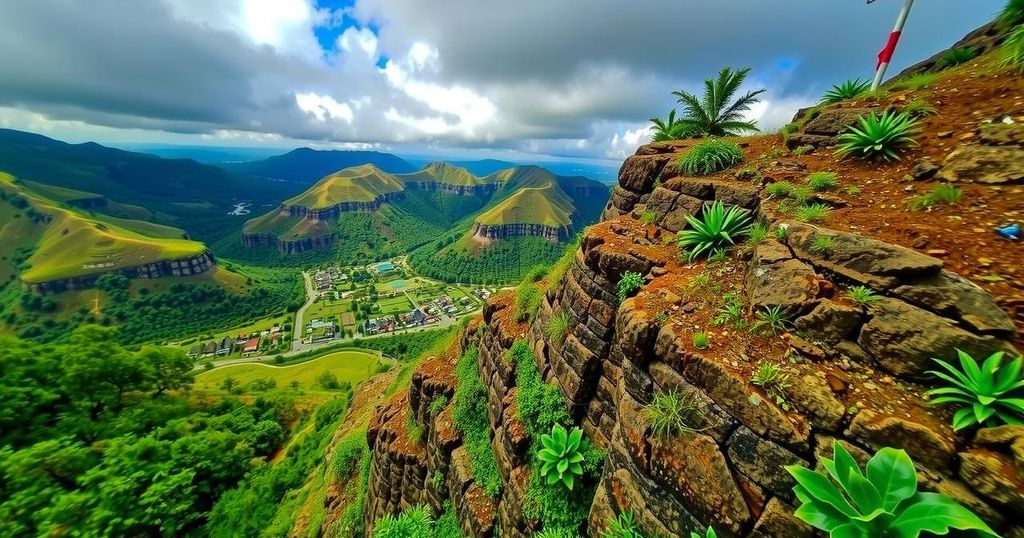Exploring Equatorial Guinea: The Unique Spanish-Speaking African Nation and Its Intriguing Facts

Equatorial Guinea, the only Spanish-speaking country in Africa, is known for its wealth from oil for its small size and population. It has been under authoritarian rule since 1979. Despite past economic success, wealth distribution remains an issue, especially after the 2023 recession. This combination of factors makes Equatorial Guinea an interesting yet complex nation.
Equatorial Guinea, officially known as the Republic of Equatorial Guinea, is located on the west coast of Central Africa. It is notable for being the only Spanish-speaking country on the continent, having gained independence from Spain on October 12, 1968. The populace, referred to as Equatorial Guineans or Equatoguineans, primarily resides in its capital, Malabo, which is situated on Bioko Island. The country possesses one of the highest per capita GDPs in Africa, primarily due to its abundant oil reserves, although economic recession in 2023 challenged this status. While the nominal Gross Domestic Product (GDP) reached approximately $11.8 billion in 2022, wealth distribution remains starkly uneven, with many citizens not experiencing the nation’s wealth. Geographically, Equatorial Guinea is one of the smallest and least populated countries in Africa, covering an area of around 10,831 square miles (28,052 square kilometers) with an estimated population of 1.67 million as of 2024. The political climate has been dominated by President Teodoro Obiang Nguema Mbasogo, in office since 1979, making him the longest-serving leader in Africa. He ascended to power through a coup against Francisco Macias Nguema and has maintained an authoritarian regime despite some liberalization efforts. Additionally, Equatorial Guinea’s economy relies heavily on oil exports, accounting for over 90% of its exports. This dependence results in economic vulnerability, particularly to fluctuations in global oil prices. Thus, while Equatorial Guinea has often been associated with political scandals, it remains an intriguing nation rich in contrasts. This combination of linguistic uniqueness, economic status, small population, political history, and reliance on oil production makes Equatorial Guinea a country worth understanding beyond its recent headlines.
Equatorial Guinea is a unique nation with historical ties to Spain, setting it apart linguistically from its African neighbors. As one of Africa’s smallest countries by land area and population, it has garnered attention not only for its language but also for its significant oil reserves which have positioned it as one of the wealthiest nations by per capita GDP at certain points in its history. However, these economic advantages have not translated into widespread wealth for its citizens, highlighting issues of inequality. The political landscape has also been shaped by the long-standing rule of a single president, contributing to its reputation as an authoritarian state.
In conclusion, Equatorial Guinea is a distinctive country characterized by its Spanish heritage, economic wealth from oil, small size, and a prolonged dictatorship. Its socio-political dynamics and economic challenges present a complex picture that transcends the surface-level narratives often associated with this African nation. Understanding these facets allows for a more nuanced perspective of Equatorial Guinea’s standing in both regional and global contexts.
Original Source: www.pulse.ng








